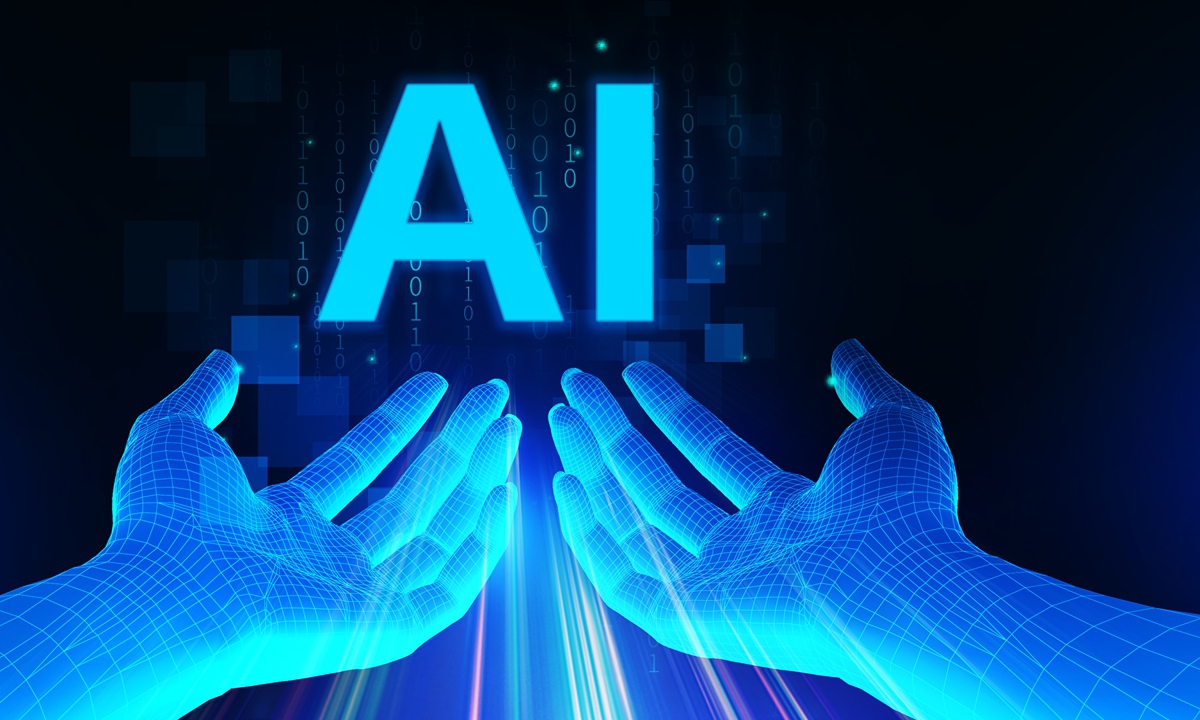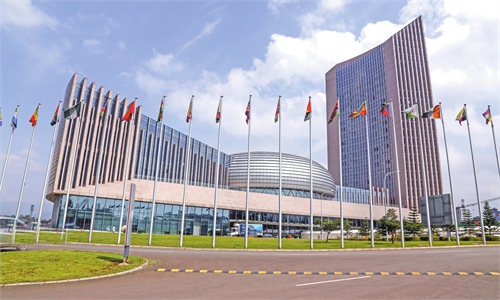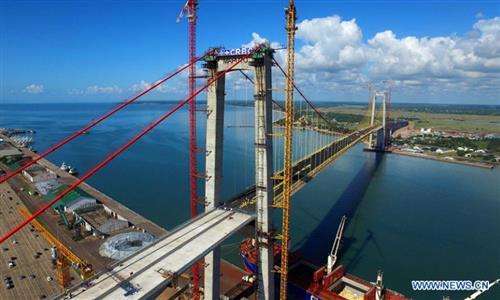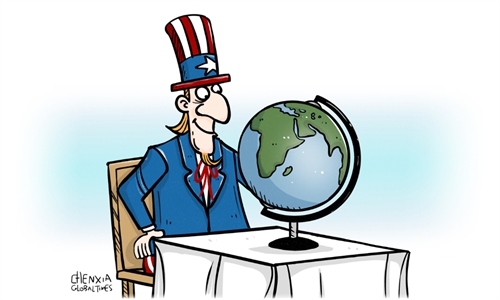
AI Photo: VCG
In recent years, artificial intelligence (AI) has been rapidly developed in Africa. A growing number of forums and conferences are discussing the possibility of AI cooperation in fields including agriculture, health care, education and finance. With the development opportunities created by AI, achieving breathrough development has become a focus among African countries.AI now increasingly creates opportunities for the modernization of the continent. On one hand, African countries are increasing government support and investment in the field of AI. For instance, South Africa in 2022 established the Artificial Intelligence Institute of South Africa (AIISA), aiming at supporting industries such as manufacturing, services, agriculture, and transportation to apply AI solutions.
In early June, officials and industry experts from various African countries gathered at the Artificial Intelligence Week (SIA) in Lomé, Togo, to discuss various development initiatives and investment schemes.
On the other hand, the younger generation of highly educated Africans in the workforce are directly benefiting from significant changes brought about by AI, particularly in how it can rapidly bring their creative ideas to fruition.
Meanwhile, there remain bottlenecks and challenges for AI development in Africa, with infrastructure and talent being the two major factors restricting the development of new AI solutions. Africa has a huge infrastructure financing gap. In particular, digital infrastructure is still in its early stages and requires a large amount of capital injection.
The US is trying to achieve dominance over AI in Africa. The US also sees Africa's AI field as ocean of opportunity, mainly seeking to dominate the African market through market-driven approaches and the establishment of industry standards.
However, the US is more interested in influencing the technological environment in Africa. As an emerging tech field, there are blank areas in Africa's AI policies, technologies, industries, application standards, and governance models.
The US has a natural advantage and significant influence in international technical standard-setting organizations. By participating in and leading the development of international standards, it can promote technology standards that align with its own interests. Therefore, the US is actively working with some African countries to establish data privacy and security standards, enhancing America's influence on technology standards. The practice has not been well received by African countries.
China and the US share complementary roles in the AI development of Africa. Unlike the US, which uses multinational companies to establish data centers and seek application standard hegemony, China is more focused on the interconnection and interoperatability of digital infrastructure in Africa and the cultivation of local talent.
In the field of hardware infrastructure, in view of Africa's goal of building better telecommunications and data centers, China has decided to mainly invest in large-scale infrastructure projects rather than investing in individual local companies. In the field of software support, China has ramped up efforts to train much-needed digital talent in Africa.
In fact, both China and the US have comparative advantages in the field of AI. Cooperation between the two countries is of positive significance for the development of AI in Africa and global AI governance. China has also expressed willingness to carry out trilateral development cooperation in Africa with international organizations and relevant countries, establish AI governance institutions, and increase the presence of developing countries in the field of technology regulations.
Taking advantage of the opportunities presented by the development of AI is a unqiue possibility for Africa to not be marginalized in the "Fourth Industrial Revolution." However, despite showing strong momentum in the field of AI, the gap is still huge. Cooperation among major powers in the field of AI in Africa, rather than playing zero-sum games, is crucial for the development of the African continent
The author is professor with School of International Relations and Diplomacy, Beijing Foreign Studies University. bizopinion@globaltimes.com.cn



